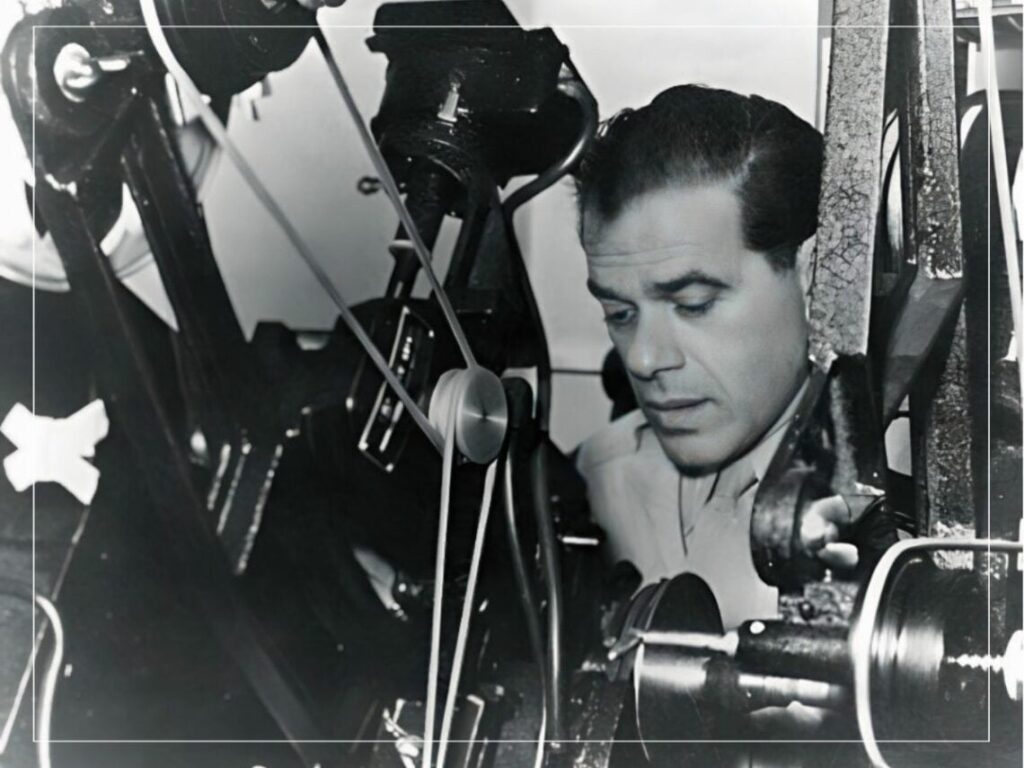‘The Miracle Woman’: how Frank Capra made an enemy of British censors
 Posted On
Posted On
(Credit: Wikimedia)
Frank Capra has come to be known for a glittering Hollywood career that has led to the creation of glorious and life-affirming films such as It’s A Wonderful Life and It Happened One Night, with stories that explore the ups and downs of the American Dream. The life and struggles of George Bailey have captivated global audiences during the return of each holiday season, with people finding themselves comforted by the hopeful message and eternal relatability of the idea that life is the biggest obstacle, but the most worthwhile and meaningful.
While he is most famous for the hypnotic power of his definitive classics, the director made enemies as well as fans after the creation of his 1931 film, The Miracle Woman.
The Miracle Woman follows a woman called Florence, the daughter of an under-appreciated minister, who goes through a crisis of faith after her father dies and opens a phoney temple with a con man called Bob. Through their work together, they transform Florence into Sister Fallon, a radio evangelist who delivers religious messages to the nation and begins tricking everyone into thinking she can perform miracles. However, things take a turn for the worse when a blind aviator called John falls in love with her, thinking she has saved his life and blissfully unaware that she is a con artist.
Many of the thematic layers that can be seen in Capra’s later work are evident in The Miracle Woman, showing a person who is experiencing a crisis of hope after being crushed by the harshness of the world around them and the dangers of using manipulating religion for our own benefit. The central characters experience an awakening of sorts as they reinvent themselves in the aftermath of this scam, another idea that we see in It’s a Wonderful Life as George goes on a similar journey.
While it sounds like an intriguing concept and something that would slot in well with the rest of his filmography, the film was received extremely poorly, with people interpreting it as a critique of religion itself. Unfortunately, this was not a conversation that people were receptive to in 1931, and it bombed at the box office and was even rejected by the British Board of Film Censors for its subject matter and did not have a theatrical release in England.
Given the time it was released, it is understandable as to why people were more defensive of these criticisms, with the country in recovery from a World War and in need of the collective hope that faith can offer people. However, despite being unsuccessful during the 1930s, it later saw a resurgence in popularity after Capra’s later career success, with film lovers praising the challenging ideas at its core and the relevance of these ideas today.
Many filmmakers would avoid the hornet’s nest of exploring any religious ideas for fear of creating controversy, but Capra’s careful exploration of this alongside the tender romance creates a thoughtful and complicated picture that, while lesser-known within his work, continues to find meaning and importance.
[embedded content]
Related Topics


